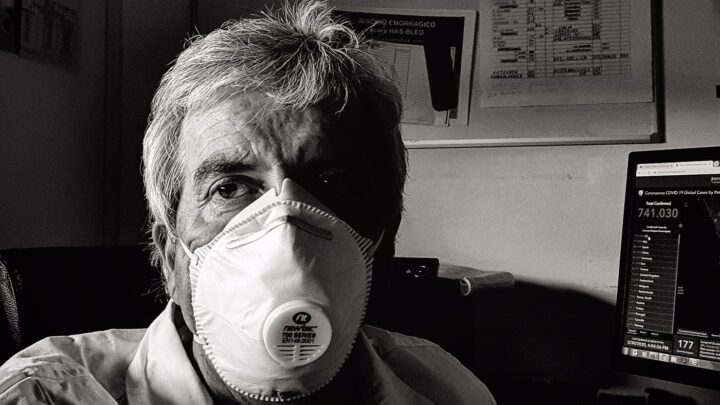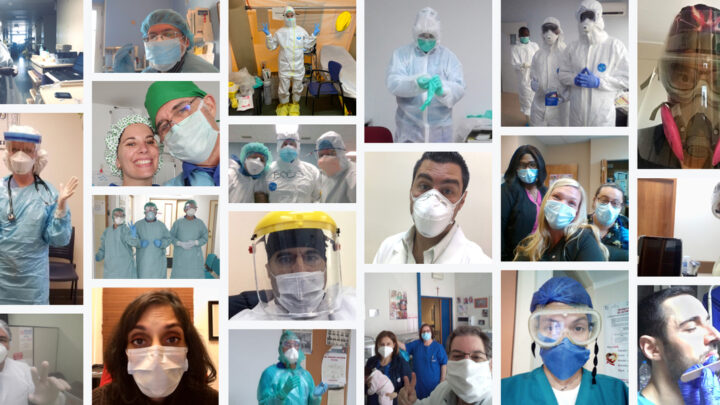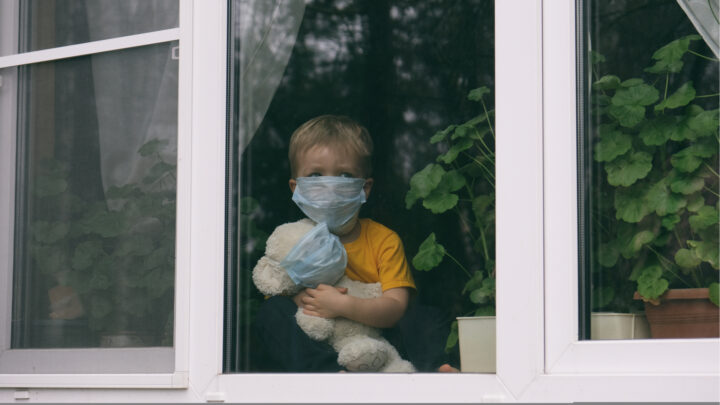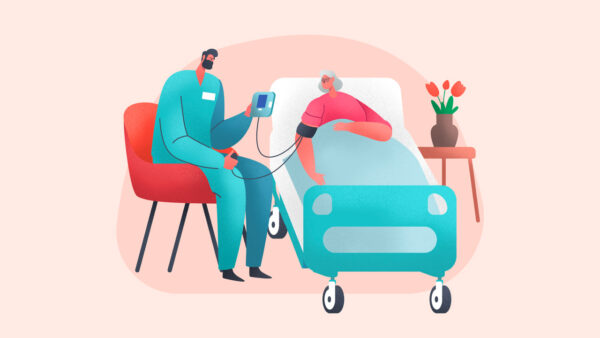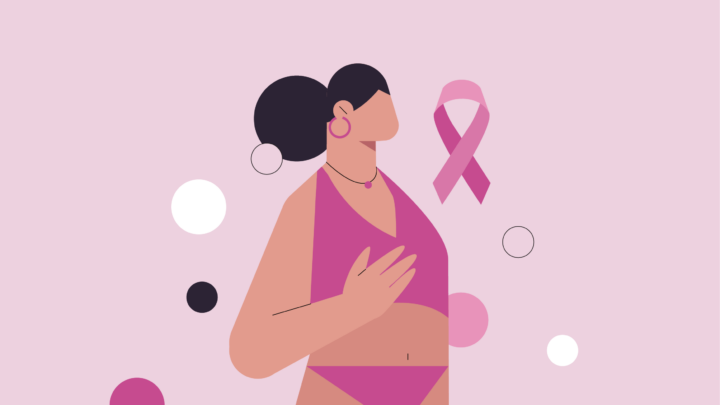
By now we’ve all seen the signs of fear surrounding the coronavirus outbreak: panic-buying at grocery stores, effects on global stock markets and travel, and the myriad closures and cancellations. This fear is entirely is understandable; it’s a reaction to facets of COVID-19 that aren’t yet known. It’s also an understandable reaction to the overwhelming and relentless flood of information about the virus and the disease – some of it conflicting and confusing – coming at us from all sides.
Is this fear really helpful? Is it healthy? Most of us know that it’s not. As one Sermo physician on our platform commented, “Yes we have a serious viral disease to deal with, but the degree of severity is highly variable and we all need to calm down and take the precautions we can take. Wash your hands, don’t go out in public or to work if you have a fever, and avoid crowds as much as possible. We will survive this and move forward.”
To take a deeper dive into the emotional toll of COVID-19, Sermo tapped into its platform – built by physicians, for physicians – to poll over 1,000 physicians around the world for their perspectives.
Not surprisingly, four out of five doctors (83%) said COVID-19 is causing anxiety among their patients and more than half (55%) said patients’ anxiety is consuming their already busy days – taking them away from other work.
About half of doctors (48%) report experiencing their own personal anxieties around the outbreak. Of those, most said their anxiety is related to their ability to handle the outbreak in their practice or community (44%) or to concerns about how the virus could affect themselves and their loved ones (39%). The rest of doctors (18%) reported their anxiety was linked to the toll taken by the overwhelming fears of patients.
So, we see that many doctors share the concerns of their patients that might be adding to their regular healthcare workloads. But most doctors aren’t letting those anxieties get to them.
Can patients and the general population learn to cope as well as doctors do? Absolutely! There are practical ways to help manage anxiety, even at unsettling times like this. In fact, an overwhelming 85% of physicians we polled with our platform said they would give their patients these five helpful tips reported in The Wall Street Journal article “How to Manage Your Coronavirus Anxiety” on March 5:
- Seek out reliable information – but not too frequently.
- Focus on what you can control.
- Find the right kind of support: level-headed friends, as opposed to those who may reinforce fears.
- Keep a healthy routine, which includes taking part in enjoyable activities that take your mind off the virus – such as watching a game or exercising.
- Try anxiety-reducing techniques such as meditation (check out helpful apps like Headspace), yoga, walking, and even talking to a therapist.
Another source of reliable information is USA Today, which is answering questions readers submit to its newsletter, Coronavirus Watch.
We should keep in mind how important the perspectives of physicians are in the face of a widespread healthcare concern like COVID-19. Doctors are humans too; they understand and share your concerns and anxieties. But they also have the tools, knowledge and advice to help you cope – not just with an actual illness, but also with the uncertainty that surrounds it.


